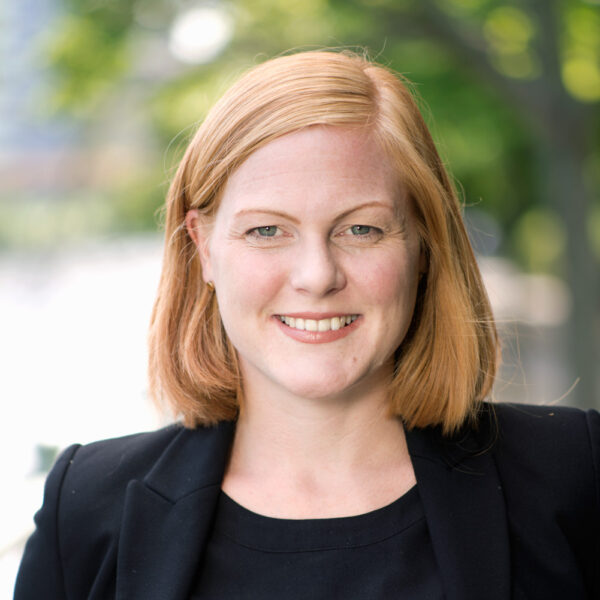As for many, the coronavirus pandemic has turned a large part of the Centre’s work upside-down. Our team is busy connecting remotely and trying to implement all recommendations out there on how to do virtual leadership, team meetings and coffee breaks.
Our Programmes and Events
We are making several changes to our programmes:
- We moved our Power Shift Lab and Solidarity Playbook workshop to the virtual space and will do so for both the upcoming Vision Works and Scanning the Horizon meetings. Although we hope that physical gatherings can take place in the second half of the year.
- Our Leading Together meeting, which provides space for exchange for ICSO Directors of Programme, Policy and HR, will focus mostly on what the current crisis means for our work, both in the short and mid-term.
- This year’s Innovation Report on ‘Civil Society Innovation and Urban Inclusion’ will include adaptive responses from some of the urban programming case studies to the COVID-19 response and strategic reflections on the future of pandemics and cities.
- As part of our Leave No One Behind partnership, we have started talking to our partners about whether we can help provide data on how the current crisis is affecting already vulnerable groups in our action countries. This is challenging, but some important steps are being taken already.
- Our focus on the ‘Interconnectedness of Trends’ with the Scanning the Horizon futures community this year is more relevant than ever, as we look to potential post-pandemic futures. Our remote meetings in May will gather insights from different sectors on analysing complex possible futures. We will plan the next steps for collaborative working on both the urgent and the important: COVID-19, civic space and climate change.
Our role during the corona crisis
In addition to these revisions of our current programme, we believe there is also a further role for us to fill in this crisis. We see that although many organisations are focused on internal challenges, there is a need and a clear interest to connect with others, to reflect together and to show solidarity with each other.
These are a few things we are doing to help facilitate conversations between organisations:
- We bring together Directors of Human Resources and People of the ICSOs for discussions on how they manage the situation. The exchange has focused on issues such as how to deal with the mental well-being of staff, how to get staff or volunteers back to their home countries and how to go about the anxiety and worries of partners.
- Every week, we are curating strategic analyses, quality articles, podcasts and videos on what this crisis might mean for the civil society sector in the mid- to long-term perspective. Our ambition is to help organisations filter through the flood of information and opinions out there.
- We are talking with other convening bodies such as InterAction, BOND, VANI and CIVICUS, about how to jointly support the discussion around what a post-corona world would look like and mean for civil society. This discussion will focus on bringing together COVID-19 foresight efforts and diverse perspectives and supporting our member organisations with the best tools and analysis to navigate the longer-term implications of the pandemic.
- As a part of our Scanning the Horizon group, we convened Strategy Directors from the ICSOs to discuss how organisations see the current developments in light of their respective strategies. There is a lot of interest to work together to understand how to prepare for new, highly uncertain, futures – stay tuned.
As the pandemic continues to create uncertainty, we will offer ICSOs and partners a platform to convene and share insights about how best to respond. Here a few things that we hope to see:
- More exchange and collaboration: Although it is tempting to focus on our internal issues, both the unprecedented immediate and the unknown future should call for more joint reflection. There is no time for each of us to deal with this without learning from others.
- More focus on intersectional approaches: If anything, the past weeks have shown us how developments are interlinked and that change in one area will have immense consequences in others. We have to get better at linking things up.
- Using our precious face-to-face time far more intentionally: This might feel minor, but I don’t think it is. Will we, after this, better appreciate our time together with colleagues and partners from all over the world? Will we better prepare for these meetings and make better use of the joint time? Really listen to each other? I certainly hope so.
For all of the above, we need to take a deep breath, listen well and look beyond the scope of our respective organisations. So in a way, we all need to practice now what each of us should also do in times of business as usual – show leadership and focus on the collective aim. Let us show that this is possible.
Finally: This is my last blog as a member of the Centre, as I am moving on at the end of this month. I am incredibly grateful for everything that I got a chance to learn from all of you over the past years – thank you! I won’t go far, so let’s continue moving things forward together. See you out there.










